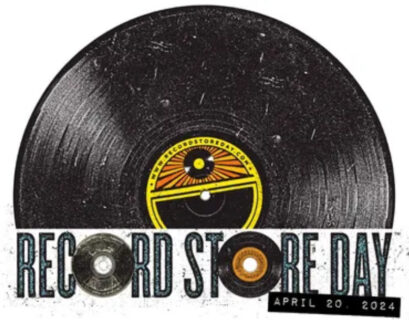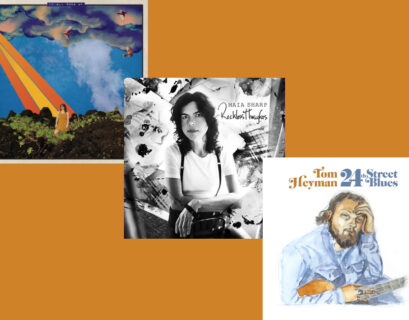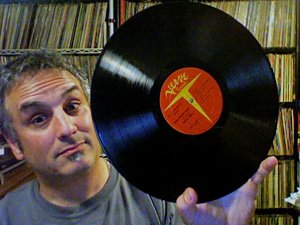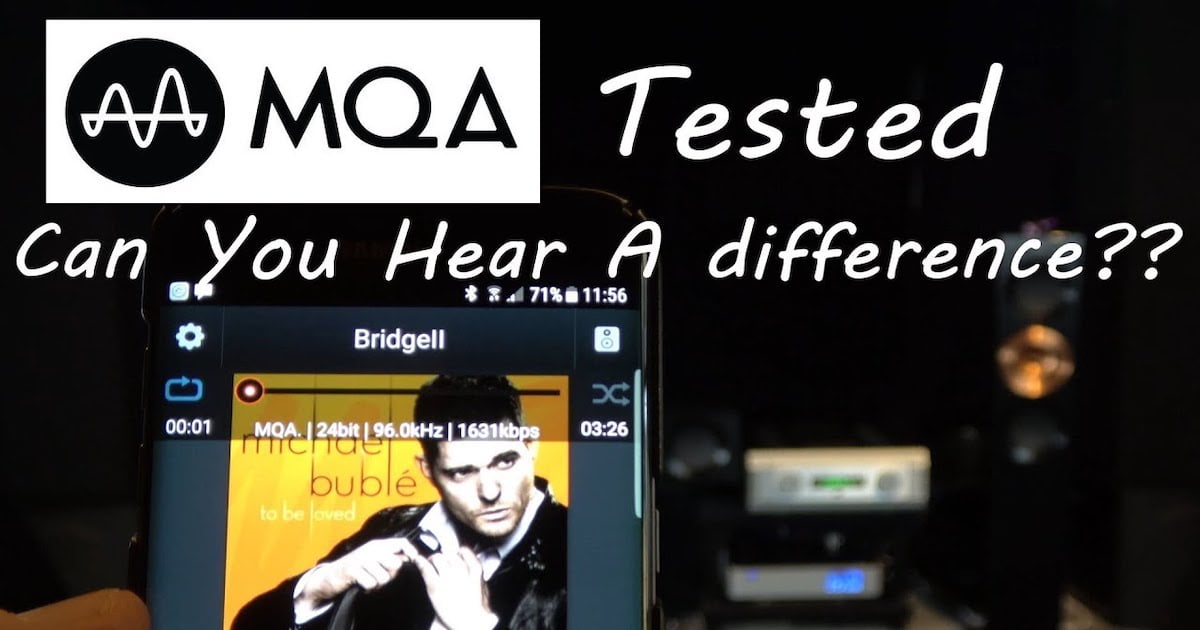It’s the time of year for saving money!
So called “musician’s musicians” sometimes enjoy playing with pyrotechnics, if you will: musical fireworks that excite audiences and showcase the virtuosity of the artist in live performance without a net. Certainly the rock ‘n’ roll universe is filled with like-minded guitar heroes and keyboard wizards, from legends like Jimi Hendrix, Stevie Ray Vaughan an Eddie Van Halen to Keith Emerson and Rick Wakeman. The jazz world has many sorcerers of the keys and frets as well.
But as I learned from one of my lifelong guitar heroes, one of those early pyrotechnic champions who wow’d audiences with his speed and dexterity in the 1940s, it’s not always about how many notes you play but how you play them and the feeling those notes convey to the audience. Les Paul learned this lesson and even though he could play speedily to his dying days some of his finest moments were actually when he was playing fewer notes and just taking the time to express himself leaving more air and time around the musical statements he was making.
On Record Store Day a new release came out on Mack Avenue Records featuring one of my favorite pianists who early on figured out how to ride that fine line between audience-pleasing pyro-technician-ship and pure expressive, emotion-driven performance. This balance is very much in evidence on this new release A Time for Love: The Oscar Peterson Quartet – Live in Helsinki, 1987
While many people revere Peterson’s work in the 1950’s and early ‘60s – – myself included – – he remained in fine form as the decades marched on. From the mid-1970s into the 1980s, Peterson issued many great live recordings and studio sessions on Norman Granz’s retro-flavored Pablo Records imprint. In the early 1990s he issued a series of albums on the mostly classical oriented, all-digital audiophile label, Telarc (most of their releases came out on CD as far as I remember). There are many riches to explore there including recordings showcasing Oscar in various small group settings, many of which sound quite grand even as CDs go.
A Time for Love: The Oscar Peterson Quartet – Live in Helsinki, 1987 fits neatly betwixt and between those Pablo and Telarc albums, capturing his group at a peak moment on analog multi-track tape but mixed in the digital realm. A best of both worlds scenario in many ways, this new three LP delivers the warm analog feel of Peterson and his band on fire coupled with the clarity afforded by computer-based digital mixdown and mastering.
This performance — recorded at the end of a globe-trotting tour — features legendary guitarist Joe Pass who had played with Oscar many times over the years. Their musical friendship is very apparent on these recordings and that alone may make this a “must get” session for some of you.
I will admit that historically I have wanted to like Joe’s solo albums more than I actually do. But, as a support player he is often outstanding, especially alongside Peterson. Here, the two of them spar on stage with enough speed and wizardry to wow even the most cynical “I’ve heard it all” hard-core collector. Yet this performance is not all about the fiery flash pyrotechnics and that is one of the reasons this set is a keeper in my book.
I’ve always enjoyed Oscar’s fantastic feel on the ivories. Even when he’s firing off runs that might have made Vladimir Horowitz smile like a pixie, there is a warmth and passion that resonates throughout the performance. For me that is a big distinction and something I always listen for when exploring other pianists (and musicians in general, for that matte3r). Here, Joe Pass is playing with a wonderful zest and dynamics that resonates through your speakers.
This set is also notable in that it includes many of Peterson’s originals which are great fun — something he didn’t really feature throughout much of his career.
I really like “Sushi” which is a jolly romp that I would have loved to have heard Chick Corea play. “Love Ballad” is an equally sumptuous treat with some gorgeous soloing from Joe Pass who almost feels like he’s getting into Pat Metheny territory here (which is an oddly ironic thing to say, I know, but there you have it). “Cakewalk” is a tasty tightrope ride.
I wish Oscar had spent more time in his career playing his own music. His “A Salute to Bach” medley is a fabulous journey that shows he could have been pushing his compositions which could stand up to comparisons with his peers, from Herbie Hancock and Chick Corea to Keith Jarrett.
Also on A Time for Love: The Oscar Peterson Quartet – Live in Helsinki, 1987 you’ll hear Oscar pay tribute to the great Bill Evans with a lovely interpretation of “Waltz For Debby.”
The translucent blue vinyl version of this release is happily very quiet and well centered. It sounds really very very nice. The only problem I had is that on one side there was a little bit of remnant plastic that had stuck to the disc in manufacturing which fortunately came off when I was giving the disc a once-over dusting. It left a little audible scuff but at least it is just a tiny short lived blip on an otherwise fine pressing. Hopefully my copy is just an anomaly, but do look before you play your album the first time just to make sure.
You can find also find A Time for Love: The Oscar Peterson Quartet – Live in Helsinki, 1987 streaming in 96 kHz, 24-bit fidelity on Qobuz (click here).
All in all I am very pleased that this wonderful recording has finally seen the light of day. Whether you are a longtime fan or new to Oscar Peterson’s music, you should listen. Be sure to check out some of the video clips I’ve posted below from this same period in his career.


















